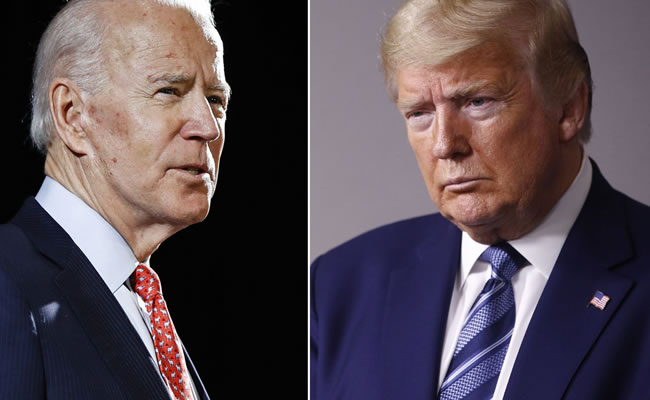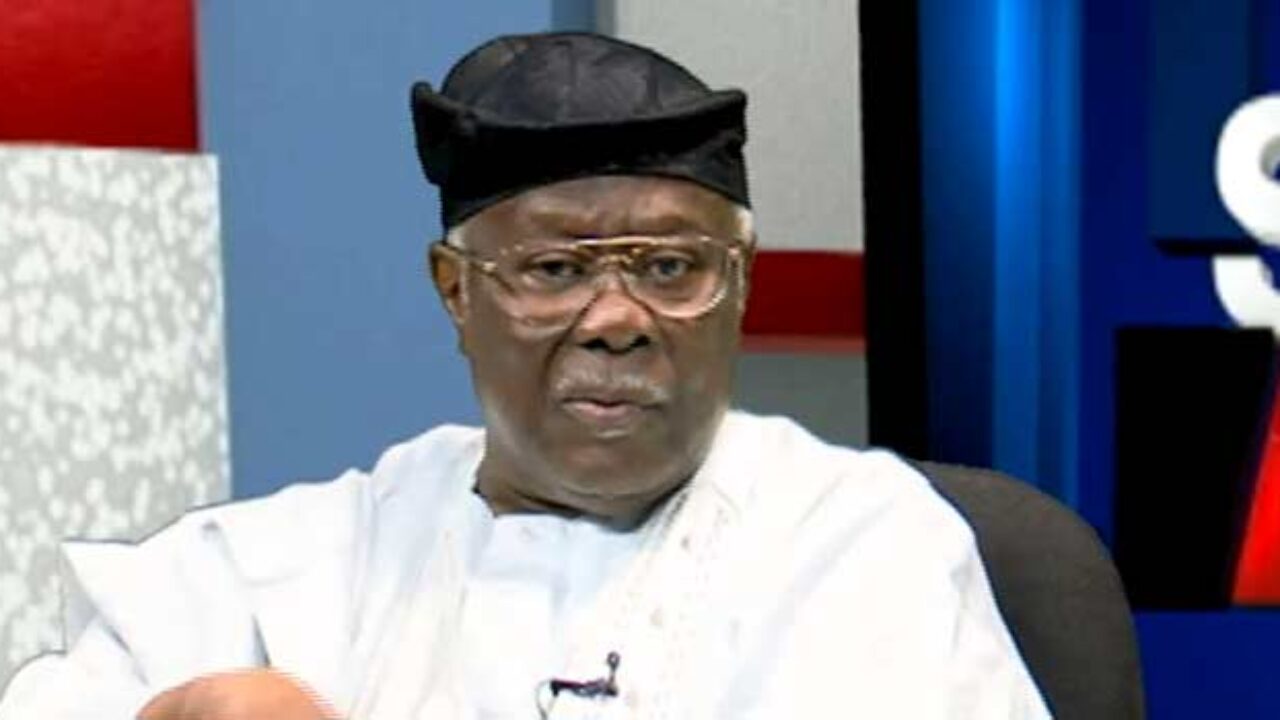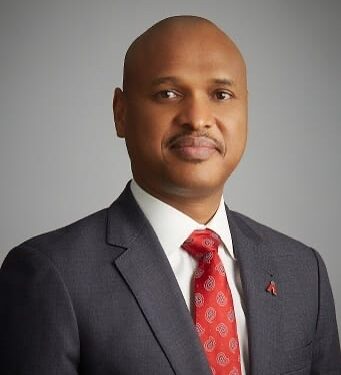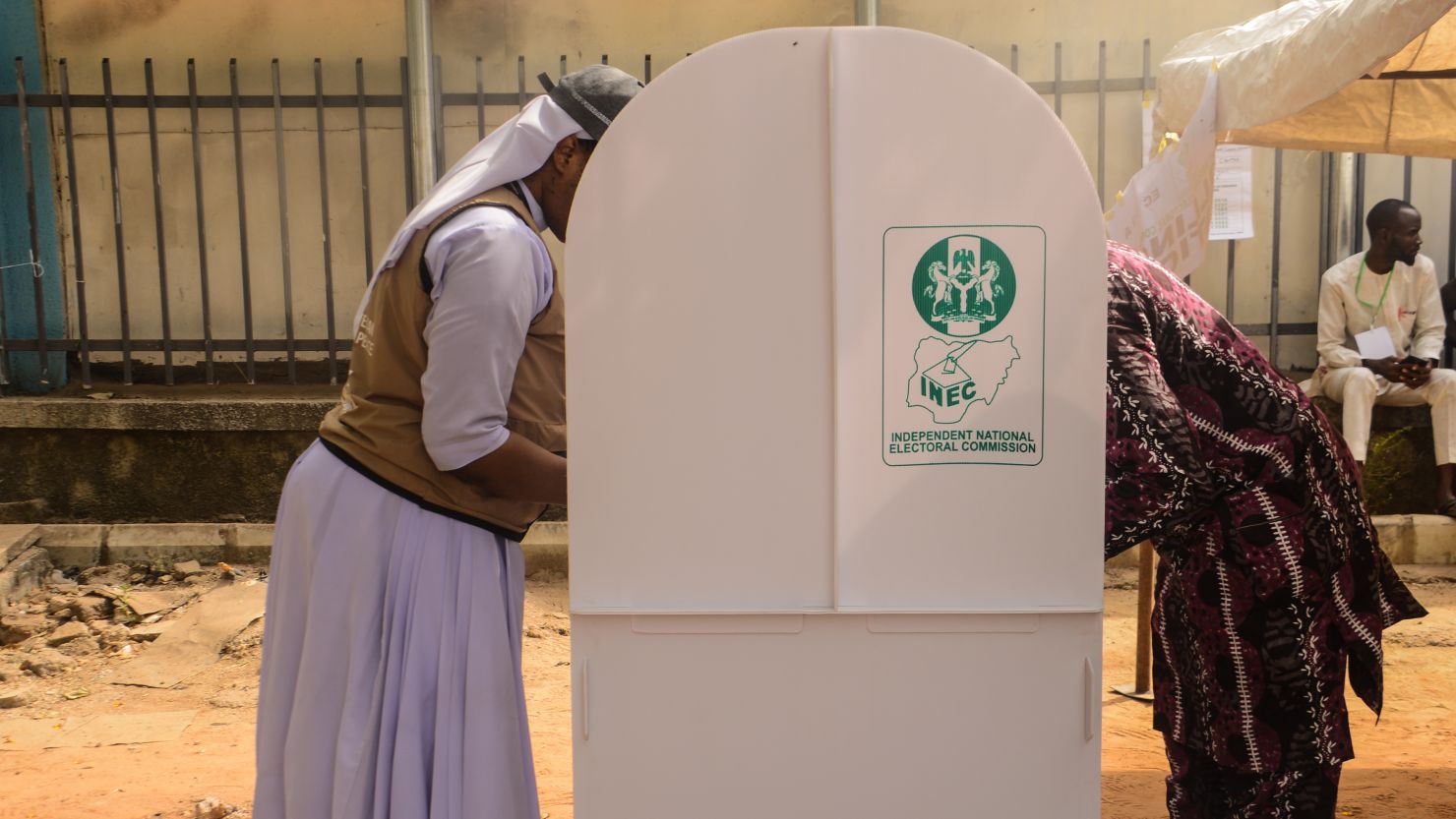Opinion: Critical lessons from the Biden triumph

By Ebere Onwudiwe
Opinion, U.S. President Trump has tried all he could to continue in power; hasn’t he?
But none of the levers he’s pulled in the American system, from the bizarre to the wacky and the comic, has worked so far.
There is a lesson in this for Nigeria and other emerging democracies.
The significance of institutions in the American political system was made abundantly clear by the U.S Joint Chiefs of Staff chairman, General Mark Milley.
In a speech that has gone viral, he displayed the admirable seriousness with which the American military take their obligations to the country’s Constitution: “We take an oath to the Constitution.”.
“We do not take an oath to a king or a queen, a tyrant, or a dictator.” Case closed. His is the military institution.
The other equivalent and essential institutions are the family, education, the economy, and religion – traditional and imported.
As former President Barack Obama suggested to Africa over a decade ago in Accra, Ghana, what the continent needs is to strengthen its institutions.
“Africa doesn’t need strongmen; it needs strong institutions,” he lectured. General Milley’s powerful message demonstrates this point.
The resilience of American democracy owes a lot to the country’s strong institutions such as his.
In Nigeria and all other countries, big and small, political institutions include military and civilian bodies that constitute the entire government system, such as the legislature, presidency, judiciary, and all analogous government branches at the state and local levels.
Some of our formal government institutions, such as our federalism and Constitution, are not brick and mortar structures like churches and mosques, Aso Rock or the Supreme Court, military barracks, or police stations. Still, we weaken our institutions when we abuse any of them.
Put another way, when a federation such as Nigeria practices a unitary system, it weakens the institution of federalism.
When leaders violate the Constitution with impunity, they undermine the legal institution.
Then, there are the informal institutions of which our churches, mosques, and traditional leaders should be in the business of protecting.
When they fail in their duties, they too weaken our informal institutions, as well as our moral values, our norms of behaviour, even our religious beliefs.
Any time our institutions, formal or informal, are undermined and weakened, our governance suffers, suggesting that good governance is not government’s responsibility alone.
It is also the duty of all of us to do things right at our various stations. Good governance at the micro-levels add up.
This kind of consciousness of governance is essential because a country’s peace, unity, and growth depend more on it than we think.
And needless to say, good governance shares many of the elements of democracy, including transparency, accountability, inclusiveness, respect for the rule of law, and others.
All these aim to produce a peaceful and productive society anchored on proficient informal and formal state institutions, the type that President Obama advocated. For years, the United States, warts and all, promoted democracy worldwide because democratic governments are supposed to support good governance, reduce poverty, and promote human rights.
The vulnerable and minority groups in many developing countries understandably appreciated this global role of the United States of America.
That’s the reason why former Vice-President Joe Biden’s defeat of President Trump was greeted with some relief by many democrats in Nigeria and other developing countries. So what’s the lesson from the 2020 American presidential election for Nigeria?
First, the belief in a country trumps faith in a president. Despite Mr. Trump’s bad-mouthing of the electoral process, he could not stop a majority of Americans from coming out in millions to vote him out.
The other is a clear lesson in ‘true” federalism. The White House was unable to push the states around.
No U.S. state listened to the president when he called for the counting of votes to stop. The states have the right to administer their presidential elections, and there was nothing President Trump could do about that.
READ ALSO: Opinion: The benefits of the Newspaper
And there was the critical lesson of respect for the separation of powers. The president’s bid to overturn the Biden victory was dealt one setback after another by the judicial branch.
For example, in Pennsylvania, a battleground state, a Federal High Court judge appointed by Trump ruled against him, as did the State Supreme Court.
That’s what an independent judiciary is all about.
I recently read that the president lost so many cases that one of his supporters who donated $2.5 million to assist in the prosecution of Trump’s claims of fraud wants his money back because of “disappointing results.”
The one lesson from the Biden win may well be that strong institutions matter.










